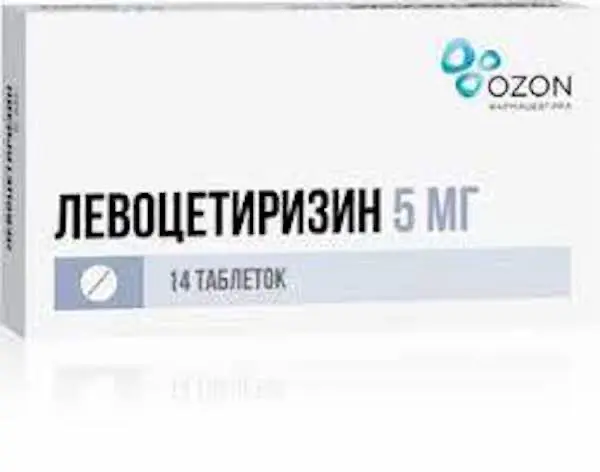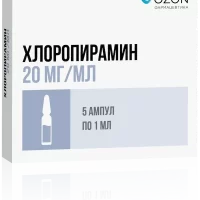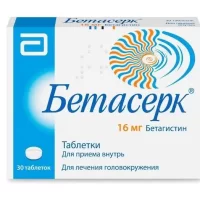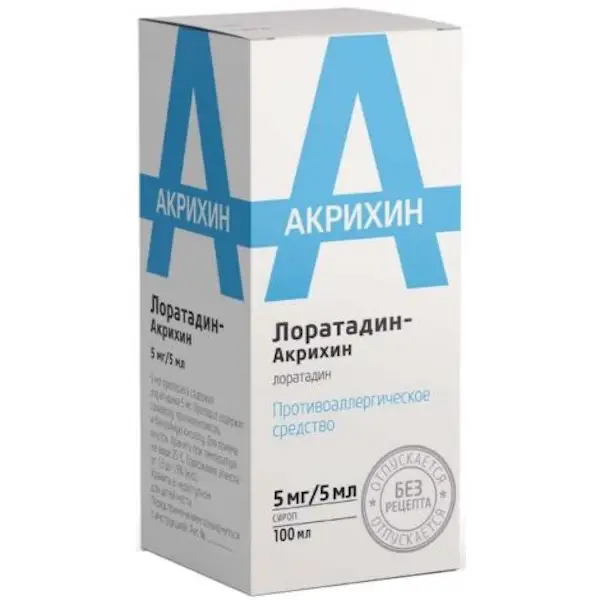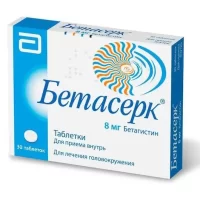Description
Levocetirizine Pharmacodynamics
Levocetirizine (R)-enantiomer of cetirizine, a powerful and selective histamine antagonist that blocks H1-histamine receptors.
Levocetirizine affects the histamine-dependent stage of allergic reactions, as well as reduces the migration of eosinophils, reduces the permeability of the vascular wall and limits the release of inflammatory mediators.
Levocetirizine prevents and facilitates the development of allergic reactions, has antiexudative, antipruritic effects, it has practically no anticholinergic and antiserotonin action. In therapeutic doses it has practically no sedative effect.
Indications
– Treatment of symptoms of allergic rhinitis, including year-round (persistent) and seasonal (intermittent) allergic rhinitis, and allergic conjunctivitis, such as itching, sneezing, nasal congestion, rhinorrhea, lacrimation, conjunctival hyperemia;
– Pollinosis (hay fever);
– urticaria;
– Other allergic dermatoses associated with itching and rashes.
Contraindications .
Hypersensitivity to the active substance, cetirizine, hydroxyzine, any piperazine derivative or any excipient of the drug.
Lactase deficiency, lactose intolerance, glucose-galactose malabsorption.
Terminal stage of renal failure (CK < 10 ml/min).
Childhood under 6 years of age.
Caution.
In chronic renal failure (dosage regimen adjustment is required).
In elderly patients (with age-related decrease in glomerular filtration).
In patients with spinal cord injury, prostatic hyperplasia and in the presence of other predisposing factors to urinary retention, since levocetirizine may increase the risk of urinary retention.
In patients with epilepsy and increased seizure activity.
When concomitant use with alcohol (see section “Interaction with other medicinal products”).
Dosage and administration
- Tablet should be taken orally, without chewing and drinking fluids, regardless of meals.
- Adults and children over 6 years of age
The daily dose is 5 mg (1 tablet) once. - Duration of drug administration
- In treatment of seasonal (intermittent allergic rhinitis (presence of symptoms less than 4 days a week or their total duration less than 4 weeks) the duration of treatment depends on the duration of symptoms; the treatment may be stopped when symptoms disappear and restarted when symptoms appear.
- When treating year-round (persistent) allergic rhinitis (presence of symptoms more than 4 days per week and their total duration of more than 4 weeks), treatment may continue for the duration of allergen exposure.
- There is clinical experience with continuous use of levocetirizine in adult patients lasting up to 6 months.
- If you miss a dose, do not take a double dose; take the next dose at the usual time.

